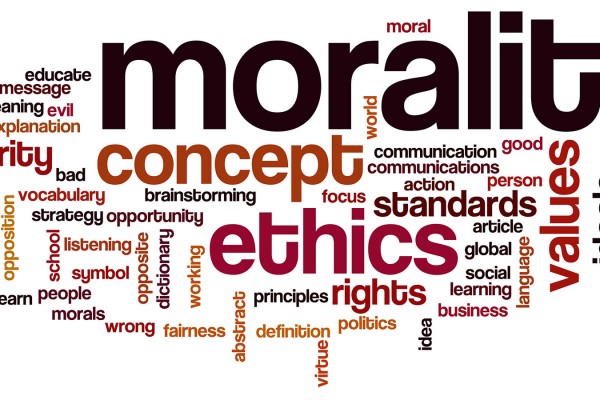Bank on morality
Olin Business School’s Daniel Gottlieb was part of a group of researchers conducting an economic behavioral study on how a consumer’s moral compass points him or her to repay debts. The group borrowed from Muslim teachings.
People stay true to moral colors, studies find
While philosophers and voters can debate the pros and cons of situational ethics, new research from Washington University in St. Louis suggests that most people stay true to their intrinsic moral colors — good or bad — when dealing with day-to-day choices, regardless of extenuating circumstances or well-intended reform efforts.
Carl Phillips’ ‘Speak Low’ named National Book Award finalist
Poet Carl Phillips, professor of English and of African and African American Studies, both in Arts & Sciences, at Washington University in St. Louis, has been selected — for the third time — as a finalist for the 2009 National Book Award in poetry. Phillips was nominated for his 10th collection of poetry, “Speak Low,” published in April by Farrar, Straus and Giroux.
One’s circumstance and mood can impact moral behavior
Your mood at the time might determine whether or not you help this woman.Do you consider yourself a moral person? Most of us do. But what is it exactly that makes us moral beings? A philosopher at Washington University in St. Louis thinks that circumstance and mood often have an extraordinary impact on how people behave, no matter what kind of character they may appear to have. Or, in other words, seemingly Sweet Sally may turn into Selfish Sally if in a foul mood. More …
Survival of the fittest? Anthropologist suggests the nicest prevail not just the selfish
Are humans inherently good? The prevailing view in popular and scientific literature is that humans and animals are genetically driven to compete for survival, thus making all social interaction inherently selfish. According to this line of reasoning, known as sociobiology, even seemingly unselfish acts of altruism merely represent a species’ strategy to survive and preserve its genes. But Robert W. Sussman, Ph.D., a professor of anthropology in Arts & Sciences at Washington University in St. Louis, argues that this is a narrow and simplistic view of evolutionary theory that fails to explain many aspects of sociality among mammals in general and primates in particular. In “The Origins and Nature of Sociality,” a new book Sussman co-edited, he and other researchers challenge the proponents of sociobiology. “The ‘selfish gene’ hypothesis is inadequate,” Sussman says.


